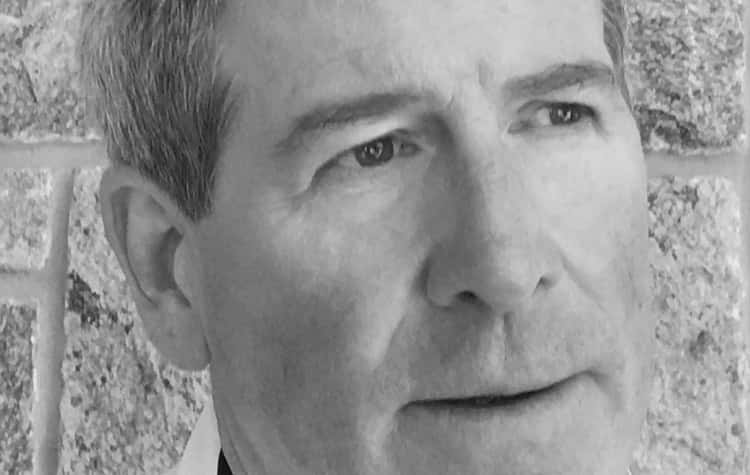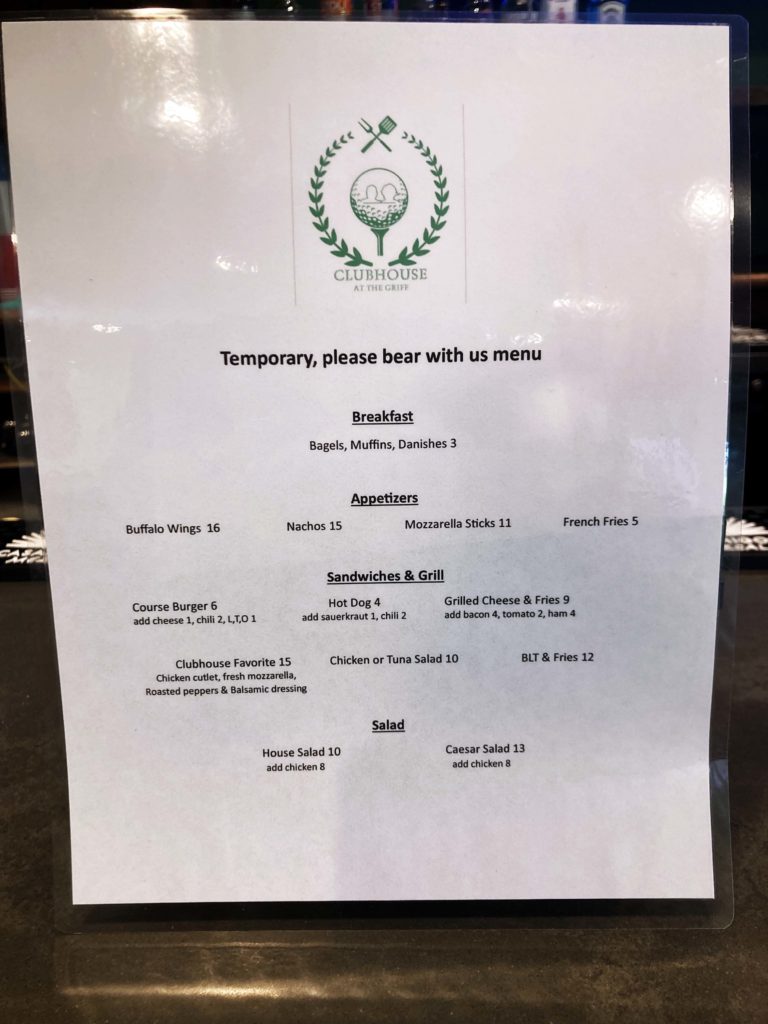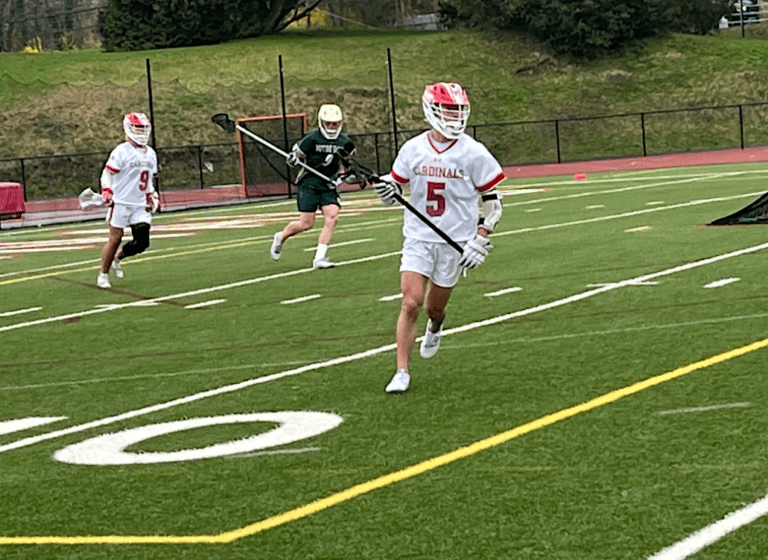
By Ted Pardoe
When I offered my last clergy column in June, I was in the midst of a wonderful three month sabbatical. I shared a number of observations about my travels in May to sacred sites and Christian communities in Ireland, Scotland, and the north of England with an emphasis on the many contributions of Celtic Christianity not only in the past but very much in the present. These travels abroad provided exciting food for thought about my role as a priest in a congregation and in the wider Greenwich community.
As my sabbatical proceeded, I am not sure that I anticipated some of the further encounters that arose and have impacted reflections about my Christian faith journey.
One experience was a road trip. We have a ranch in the Sawtooth Mountains in Idaho. That is where I headed for the month of July. Our family has a couple of dogs. They are not small enough to go under a seat on a commercial jet. Thus, the annual road trip. I was an active driver during the first ten years. Since I was ordained ten years ago, I had not been a driver again on the trip until this summer. Off I went.
The scenery of our beautiful country that unfolded before me was a magnificent reminder of previous journeys. What was different on this road trip was seeing the landscapes as an ordained person. There are a remarkable number of markers of the Christian faith all the way across the country. This is obviously not surprising given the history of our nation, yet my reactions were deeper on this drive.
I am not talking just about a variety of church architecture. Now I can most definitely say that simply being in a car and taking in the beauty of God’s creation was a meaningful religious experience in itself. Lush forests in western Pennsylvania, true “amber waves of grain” in Iowa, the Great Plains of Nebraska, then the Rocky Mountains rising in Wyoming.
A lot of magnificent creation to care for and be stewards of. Having been on pilgrimage travels in May, I was fascinated to come upon Our Lady of Peace Shrine right on the border of Nebraska and Wyoming. A spectacular statue of St. Mary, the Mother of our Lord, rises out of the Great Plains.
The internet even has a place in this Christian landscape. There were quite a few billboards, some proper ones and others rather rudimentary with web and blog addresses about matters Christian. I managed to jot down a decent number of them and was thankful to actually encounter some fruitful sites, and a few less so, unexpectedly enriching as part of my sabbatical experiences.
Early this month, back in Greenwich, I became aware of what I’ll call chatter in the newspaper and on the world wide web about activities in late August regarding the commemoration of the landing of the first enslaved Africans in English-occupied North America. This event took place 400 years ago in 1619.
Recently The New York Times and several partners unveiled The 1619 Project to tell the story of the impact of slavery in America using a proposition that even though “America was not yet America (in 1619)…this was the moment it began.” In addition, I am thankful that the national Episcopal Church is a community partner of the National Park Service and will have participated in a day of healing by the time this column is published.
That day will hear bells rung across the country. I quote from the National Park Service website; “Bells are symbols of freedom…this symbolic gesture will enable Americans from all walks of life…to capture the spirit of healing and reconciliation.”
Well I know that my sabbatical is over and the challenges of the present and future loom large right before us.
The Episcopal Bishop of the Diocese of Washington D.C. offered a very compelling observation:
The first slave trade ship to land 400 years ago planted the seed of sin that spread through the active participation and complicit passivity of nearly every American institution. As we grieve, may we dedicate ourselves to addressing systemic racism and the multi-generational impact of enslavement and discrimination faced by all of the African diaspora.
Amen!
Summer is almost over. I hope that we are all renewed to take on the work God has given us to do.
The Rev. Ted Pardoe is the Rector at St. Barnabas Church in the backcountry.




